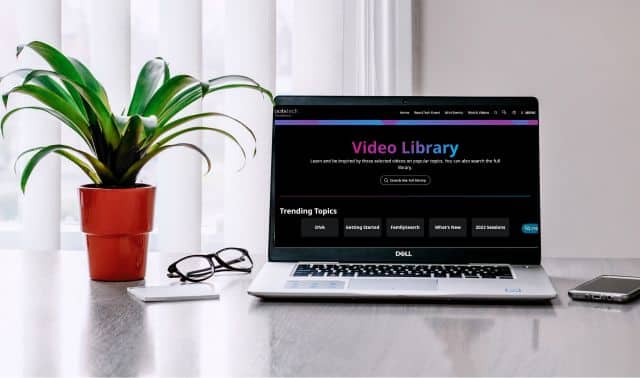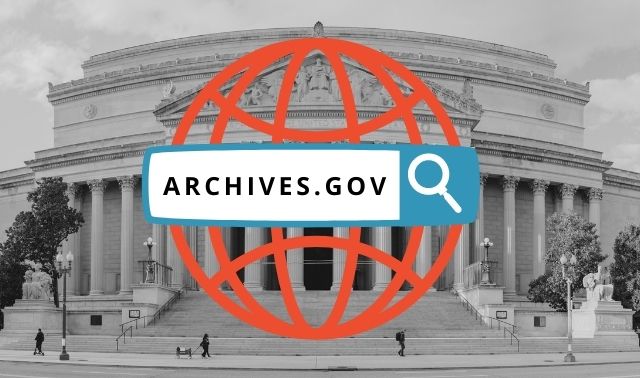Sign up for the Family Tree Newsletter Plus, you’ll receive our 10 Essential Genealogy Research Forms PDF as a special thank you!
Get Your Free Genealogy Forms
"*" indicates required fields
Q. What research information can I reasonably expect genealogical or historical societies (or other organizations in my ancestor’s locale) to provide for me via mail or email?
A. Every repository handles research requests differently, with the possible exception that you can’t expect anything if your question is indiscernible or you send the dreaded “Please mail me everything you have on my ancestor Robert F. Wade, born in Springfield County July 8, 1876.” The person on the receiving end of such a request likely doesn’t have the time or resources to tackle such a broad research project—there are people called professional genealogists who’ll do this for a fee.
Patricia Van Skaik, manager of the genealogy department at the Public Library of Cincinnati and Hamilton County, surveyed genealogy libraries a few years ago to see how they respond to research queries. “Some did virtually nothing—for free—and others practically constructed lineage charts. Most, however, did some level of free research.”
“The more specific the question the better,” says Van Skaik. So ask “Do you have marriage indexes for the year ___? If so, would you check for the name, ____.” A query such as “I’m looking for my great-grandfather Harry Henderson” isn’t specific. “I’d like to request my great-grandfather Harry Henderson’s birth certificate” is much better.
Tell the librarian as much as you can to help him or her answer your question, including a date or date range, geographic location, approximate age of the person, full name and spelling variations of the name. Van Skaik says a summary of your family pedigree isn’t necessary, and usually isn’t helpful.
Some repositories may charge you for research time or give you a list of local professionals for hire, especially if your request involves a significant amount of time —for example, you want a newspaper article about your ancestor’s new invention but the newspaper isn’t indexed and you don’t know the date. Remember, societies and libraries often scrape by on miniscule budgets and skeleton staffs.
Follow these tips to increase your chances of getting the information you need:
- Do as much research as you can on your own. If you can provide the certificate name and number, or the microfilm title and number, the librarian can look it up relatively quickly.
- Check the organization’s Web site or call to ask how you should make your request and what (if any) fees are involved. Then send your request in the format the repository wants—e-mail if staff wants e-mail, use the Web form if that’s required.
- Type snail-mail requests if at all possible. It’s also polite to include a self-addressed, stamped envelope and consider making a small donation to cover photocopying and other expenses.
- Proofread your request to be absolutely sure all the dates and names are correct. A typo (1903 instead of 1930, for example) wastes the librarian’s time and yours.
ADVERTISEMENT




